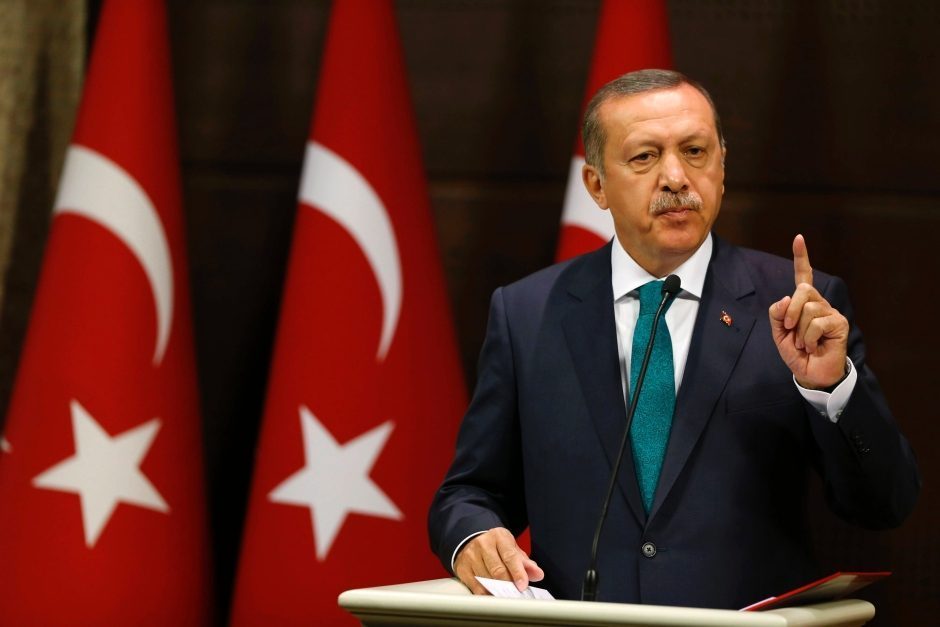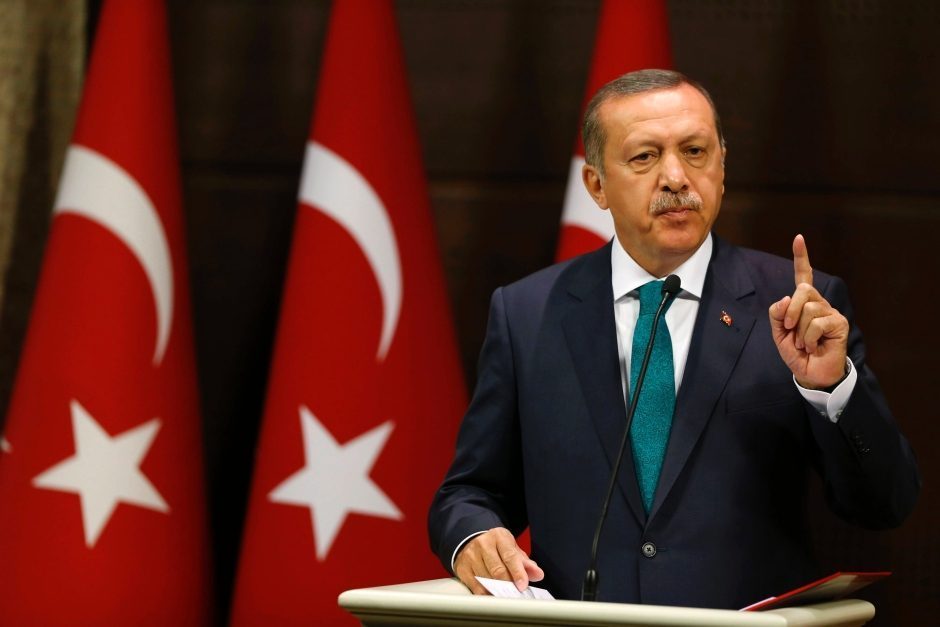
When the famous WikiLeaks site surfaced years ago and started to uncover the US State Department correspondence, many celebrated the site, considering it a manifest victory in the world of freedom of expression and media, especially since it spread the dirty laundry of American embassies and the State Department’s conspiracies around the world.
Further, there were no Arab media which did not hail WikiLeaks. They hosted thinkers, analysts and experts to analyze the seriousness and the importance of WikiLeaks in the political and media spheres.
Perhaps the factor which pulled our attention most to the site is that it presented itself to the world as a defying entity to the US and the West, exposing their dirty laundry and making their secrets public.
The Western campaign against WikiLeaks contributed to increasing the website’s popularity and publicity, especially when the Swedish government accused the owner of the website, Julian Assange, of raping a Swedish girl and asked Britain to extradite him to Sweden.
The White House also demanded to extradite Assange to the US to place him on trial for exposing the nation’s diplomatic files. Also US Army soldier Edward Manning – currently known as Chelsea Manning – was sentenced in August 2013 to 35 years of imprisonment for leaking classified document to WikiLeaks after being assigned in 2009 to an Army unit in Iraq as an intelligence analyst.
All this made us rejoice way too much of the site, sympathize and stand in solidarity with it on the grounds that it is facing the big powers of the world and exposing their political, diplomatic and media files.
Were we fooled by WikiLeaks as it supported those who protested and prosecuted it in the beginning like the US and others?
We cannot affirm yet that the site is a US or a non-US extortion arm, especially since its owner took refuge in Ecuador’s embassy in London to escape the West’s pursuits, and is still there until this moment.
One month ago, Assange completed his fifth-year asylum in the embassy in London, which he took refuge in on June 19, 2012.
What is strange is the fact that the site remained active despite its owner’s asylum in the Embassy of Ecuador, and specifically targeted Saudi Arabia over a year ago when it published the correspondence of the Saudi Foreign Ministry.
What is even stranger is that it became close to Russia and Iran, especially since the owner often appears onRussia Today, publishing his electronic scandals in the Iranian-affiliated Lebanese Al-Akhbar newspaper, which caused some to accuse WikiLeaks of working for the benefit of Iran against Saudi Arabia, especially since it has not targeted Iran or Russia so far.
We are not trying in any way to point fingers at the website as much as we are trying to ask some questions about its movements and selectivity, nor can we even accuse it of being an arm of one. However, when we see it receiving a very warm welcome in the Russian and Iran media, we then have the right to ask: Why is this shameless rapprochement between WikiLeaks on the one hand and Russia and Iran on the other hand?
What raises our suspicion even more now is that the website suddenly moved towards Turkey after the coup against the Turkish President Recep Tayyip Erdogan failed.
Why all of a sudden has the site begun publishing confidential correspondence of Turkish parties, especially the ones belonging to the ruling Justice and Development Party (AK Party), after Erdogan and his party came out victorious against the military junta, which tried to overthrow them a few days ago?
The Turkish government felt that the site is openly targeting it after the failure of the coup, so it ordered to block the site in all parts of the country.
Is it not the right of the Turks and all those who sympathize with them to wonder now: Why is this timely publication of the correspondence of Turkish parties? In whose favor is WikiLeaks trying to expose the political and partisan Turkish files? Many of them – Turkish senior officials included – accused the US of arranging the coup against Erdogan, especially since the Turkish government arrested many of the officers involved in the coup attempt in the Turkish Incirlik base which the US has used for decades and which the US considers a vital American spot in Turkey?
Some have asked: Are the WikiLeaks attempts to blackmail Turkey now and pressure it through media following the failure of the coup in retaliation for the Turkish authorities’ abortion of the American plan?
Did Russia and Iran order the site to target Turkey after their betting on the fall of President Erdogan failed?
These questions and more are sweeping the social media outlets, especially on the accounts of millions of Arabs who sympathize with Turkey and rejoiced the failure of its coup.
Have Turkey’s enemies – like the US, Russia, and Iran – begun the implementation of Plan B against Turkey via WikiLeaks, after the failure of their Plan A – the military coup?
Written by: Faisal Al-Kasim



